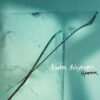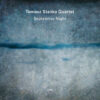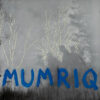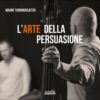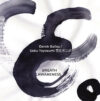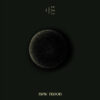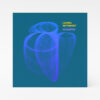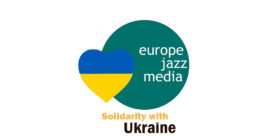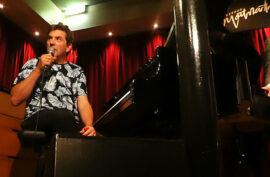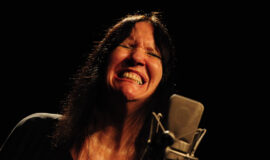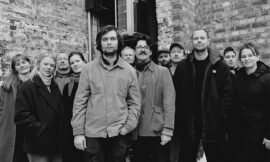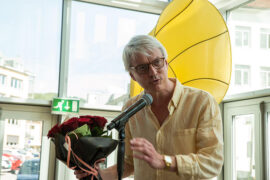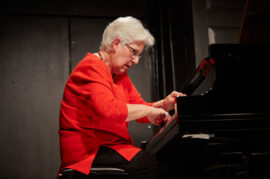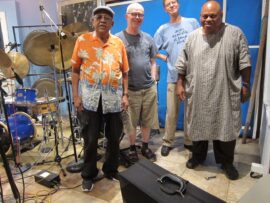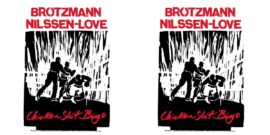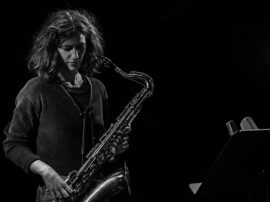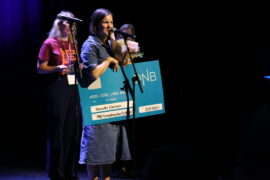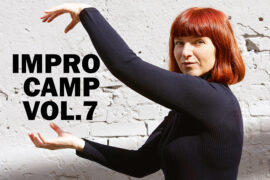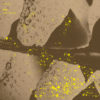
«Mille Feuille» is a French pastry, literally translated as thousand sheets, and traditionally is made up of three layers of puff pastry (pâte feuilletée), or with two layers of pastry cream (crème pâtissière). The top pastry layer is dusted with confectioner’s sugar, and sometimes cocoa, pastry crumbs, or pulverized seeds. Apparently, this cake happened to capture the essence of the creative process of the Oslo-based OWL duo – alto sax player Signe Emmeluth and guitarist Karl Bjorå, both also alternate on electronics.
Emmeluth and Bjorå are busy musicians. She leads her acclaimed Emmeluth’s Amoeba (where Bjorå also plays) and collaborates with Paal Nilssen-Love in his Large Unit and the new quartet Mudskipper. He plays in the power trio Yes Deet and in the Megalodon Collective. The Owl duo has been experimenting for few years now with concepts of «how much or little control you bring into the music, or in what way you choose to react to the other, and in what tempo reactions and interactions should occur». The debut album of Owl, «Mille Feuille», was recorded over three days at Flerbruket, on old school turned into an artists workshop, in the picturesque village Hemnes.
Like the iconic French cake, the music of Owl is layered and with great care for detail, but unlike the pastry, it avoids fat or sugary residuals. The 21-minutes of «Upon Arrival You Forgot Why You Left» offer a surprising aspect of the sonic language of both Emmeluth and Bjorå, usually known for their powerful and restless playing. Here they opt for a minimalist, totally intuitive and dream-like texture, comprised of brief and quiet breaths and whispers and soft, resonating guitar lines and noises. Emmeluth and Bjorå gently dance around each other, tempting and teasing and always relying on their immediate, deep affinity.
The following five pieces are shorter and focus on other intriguing aspects of merging controlled and uncontrolled impulses. «On The Lookout» and «Paradigm» adopt sensual and rhythmic, song-like format, spiced with weird but comforting noises. «Let’s Crackle» is the only piece that relates directly to Emmeluth and Bjorå’s intense and uncompromising kind of free-improvisation but in a sparse framework. «Dive Deeper» investigates quietly territories of raw, abstract soundscapes made of vintage electronics and processed breaths. The last «Consensus» even constructs a sort of a folk melody out of the vintage yet innocent bleeps and the joyful bird calls.
This Owl can teach you some satisfying listening skills.
Eyal Hareuveni
Signe Emmeluth (as, elec), Karl Bjorå (g, elec)

